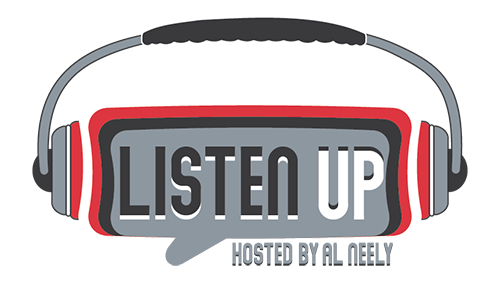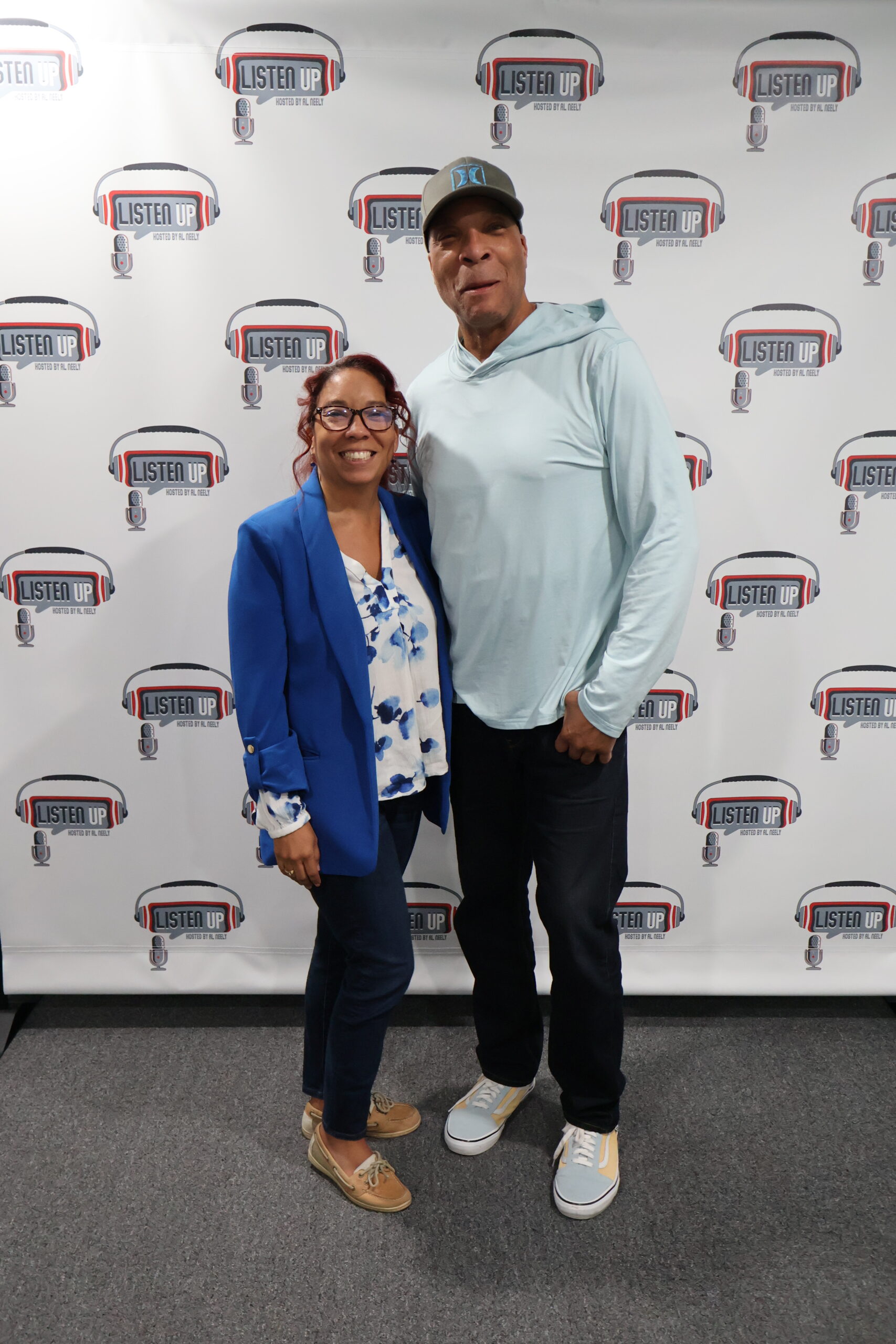In the latest episode of our podcast, we tackle the pressing issues surrounding the current state of education in America. With a new administration at the helm, there’s a palpable shift in educational policies that threatens the fabric of equitable education for all students. The Department of Education has long been seen as a vital entity ensuring that every child, regardless of their background, has access to quality education. However, with recent executive orders and the reallocation of funds, we’re starting to see cracks in that foundation.
Throughout this episode, we delve into the executive orders that have been signed, exploring their implications on various aspects of education, including Title I funding. Title I funding plays a crucial role in providing necessary resources to schools with high percentages of low-income students. This funding extends to essential services, such as free meals and support for special needs students. We emphasize that removing or redirecting this funding would not only impact urban districts but would also adversely affect rural communities—many of which voted for the administration currently in power.
An alarming trend we discuss is the cultural war that has permeated discussions around education policy. We analyze how this war targets marginalized communities while drawing attention away from the real issues at stake. This misdirection creates a narrative that overlooks the thousands of students who rely on government-funded programs to simply survive day-to-day. Our conversation highlights how education policies have been weaponized, framing marginalized groups as the boogeyman in a fight that harms everyone.
Throughout the episode, our hosts stress the importance of local political engagement. The implications of education policy discussions are often most deeply felt at the local level, where constituents must advocate for their schools and community needs. We urge listeners to educate themselves on their local representatives and understand where they stand on educational issues. By doing this, citizens can ensure that their voices are heard in a system that often overlooks their needs.
In directed conversations about the indoctrination narrative, we discuss historical precedents and how education has been manipulated to fit various agendas. This has led to a system where vulnerable populations are silenced, instead of informed. We challenge the notion that education leads to indoctrination, emphasizing that exposure to diverse perspectives only serves to enrich the educational experience and foster empathy among students.
We urge our listeners to stay informed, to engage with their communities, and to challenge the narratives being presented by local and national leaders. Education is a collaborative effort—this episode serves as a reminder that everyone has a role in advocating for our children’s futures. By participating in the conversation around equity in education, we can work toward a society that values every student and their right to a quality education.
In drawing our discussion to a close, we reflect on the future of the Department of Education and what potential cuts mean for equal access to education. The shifting political landscape can open new dialogues about educational priorities, and it’s crucial that we remain vigilant and proactive in ensuring that all students have access to the resources they need to succeed.


